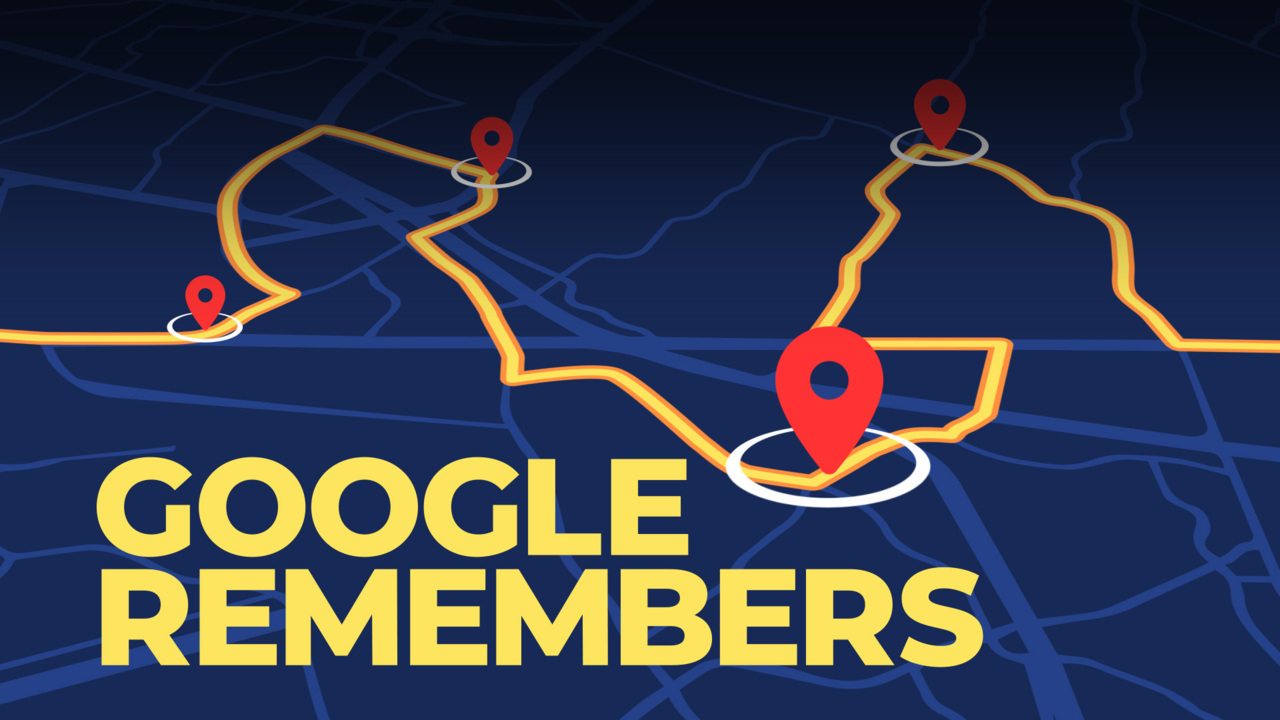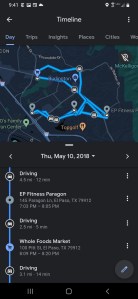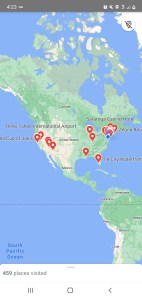
Many people are familiar with Google location reporting and location history. It’s the technology that allows google maps to show you the best route to take on your GPS to avoid traffic, busy areas and what’s around you like restaurants. But people we have spoken with are not familiar with the level of detail of the tracking, and how long google stores that information.
Conner Schobel says: “Oh my gosh, this is going back nine years.”
That was my friend Conner Schobel’s reaction when he realized google still has his data from nearly a decade ago.
Conner Schobel says: “Yeah I haven’t had this phone for nine years.”
It’s a timeline with meticulous detail. There’s a national map showing the cities he’s visited, a list of all the restaurants, stores, gyms, hotels and airports. Google even keeps personal and potentially protected information, like two visits to a doctor’s office six years ago.
Conner Schobel says: “I honestly see this as, maybe even a breach of my sovereignty. This is a little bit too far.”
Google keeps tabs on just about everything. For instance, how far you drive, the route you take, and the exact time spent at your destination.
Conner School says: “I don’t see why a large technology corporation should be tracking, keeping and storing all the data of where I’ve been.”
A spokesperson for google says the information is never shared with third parties. They also say quote: “If you choose to turn Location History on, you’ll see your Timeline, a tool that helps you reminisce and remember places you’ve visited. To keep you up to date, we send frequent reminders that Location History is enabled, and provide simple controls so you can manage your data easily.”
Alexis Hancock Electronic Frontier Foundation say: “On the other hand, the reason why they do it may be profit motive. Because they are the biggest ad revenue tracking based company there is.”
Google provides specific instructions on how to delete your history. The settings can also be adjusted to automatically delete data after three, 18, or 36 months. But Hancock says it should be easier for users to know when location history is in use.
That’s a huge assumption that they’re making for you. And that’s the big problem there, when they’re using web and app activity or when you have location services turned on and may not realize it.”
So did you know google tracks to that level of detail? How do you feel about this tech giant having your information? Let us know in the comments below.












